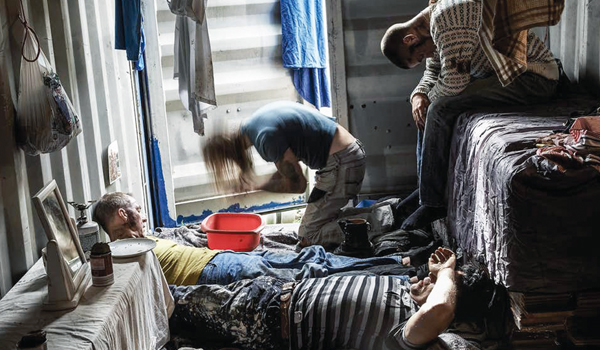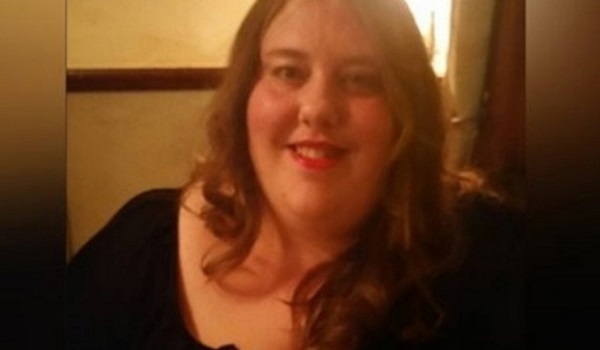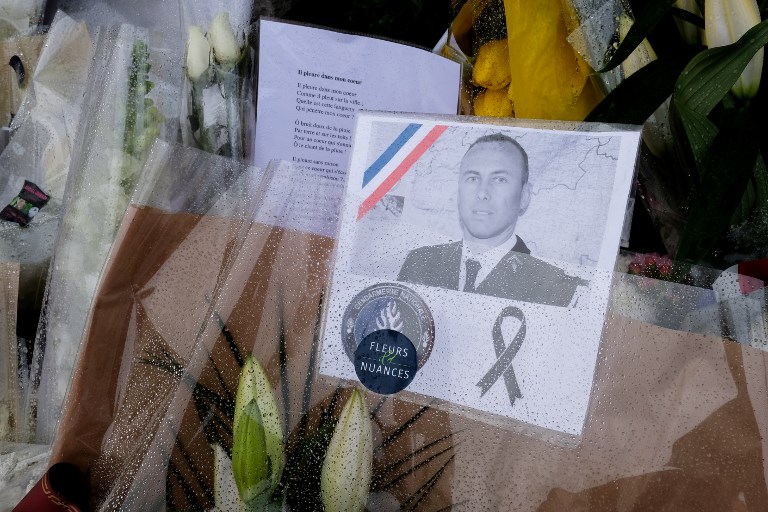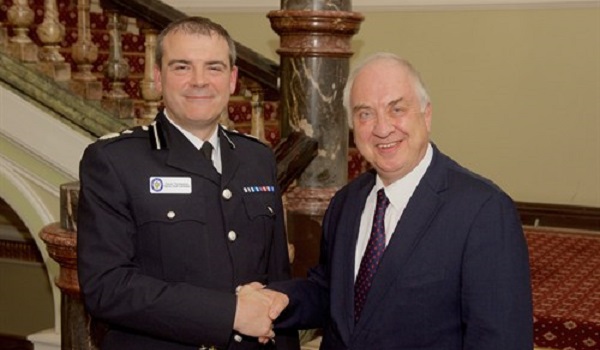Definitions risk modern slavery victims falling through gaps, critics warn
Victims of modern slavery and human trafficking face falling through the gaps and missing out on support and protection under a Government move, critics have warned in Parliament.
The House of Lords backed by 121 votes to 91, majority 30, a so-called regret motion in protest at the definitions drawn up by ministers of those to be covered by legislation, amid concerns it would narrow the ability of vulnerable people to be identified and access help.
There was also criticism over the failure to consult on the draft regulations.
Warning about the wording of the definitions for victims, Labour frontbencher Lord Coaker said: “They will fall between the policy and legislative gaps left by these regulations. We are passing defective regulations… which are going to have serious consequences when it comes to identifying potential and actual victims of human trafficking and modern slavery.”
Human rights campaigner Lord Alton of Liverpool said: “Legal definition of a ‘victim’ is clearly a matter of huge importance and it’s surprising at the very least that a formal consultation has not taken place. We all want to see victims properly identified, subsequently supported and given the tools necessary to stand the best chance of recovery. These regulations do not do that.”
Liberal Democrat Lord Paddick, who was a deputy assistant commissioner in the Metropolitan Police, said: “Without consultation with the anti-trafficking sector any definition used to determine whether someone is a victim of modern slavery or not is likely to wrongly exclude victims from the support and protections to which they are entitled.”
“The definitions in this statutory instrument appear to narrow the definition of who could be recognised as a victim of modern slavery or trafficking and create confusion rather than clarity, both of which could be remedied through a formal consultation process that was not undertaken.”
Defending the definitions to peers earlier, Home Office minister Baroness Williams of Trafford said: “The regulations do not narrow the ability of victims to be identified.”
She later added: “What we do recognise is the evolving nature of these types of exploitation and the Government can commit to keeping the terms of the regulations under review in the light of operational experience in the Home Office. It is highly likely that the person currently identified as a victim would be identified as a victim under the regulations going forward.”







